Former Finance Minister Mehmet Şimşek not to return to politics
After a meeting with President Recep Tayyip Erdoğan in the AKP headquarters, former Finance Minister Mehmet Şimşek has stated that he is not interested in active politics. Erdoğan was reportedly planning to name Şimşek as economic czar in the election manifesto.
Duvar English
Turkey's ruling Justice and Development Party (AKP) former Deputy Prime Minister and Finance Minister Mehmet Şimşek on March 20 announced that he is not interested in active politics after meeting with President Recep Tayyip Erdoğan in the AKP headquarters in the capital Ankara.
Şimşek, who is highly regarded in international circles, said on Twitter that “I had the opportunity to meet with Mr. President at the AK Party headquarters in a very friendly atmosphere. I am always ready to make the desired contributions in any subject that falls within my field. However, I do not intend to be involved in active politics due to my work in financial institutions abroad.”
Ancak yurtdışında finans kuruluşlarındaki işlerim nedeni ile aktif siyasete girmeyi düşünmüyorum.
— Mehmet Simsek (@memetsimsek) March 20, 2023
Kamuoyuna saygı ile duyurulur. 2/2
AKP spokesperson Ömer Çelik also shared the move with the press and said “(Şimşek) does not want to be involved in active politics, but he said that he will give all kinds of support when desired.”
“If he desires, all the mechanisms of our party are open to him. He stated that he would contribute, help and make efforts in all matters regarding the party or government policies,” Çelik added.
President Erdoğan reportedly wanted to give a top role in running the economy to Şimşek. Erdoğan appointed Nureddin Nebati as the Finance Minister in Dec 2021, who has no economics education.
Şimşek’s move came on the same day Islamist New Welfare Party (YRP) refused the offer from the AKP to join the latter's People's Alliance for the 2023 elections.
In 2012, when Şimşek was actively involved in running the economy, the foreign share of the lira-denominated bond market peaked around 25%. It stood at 0.8% at end-January, Treasury data shows. Şimşek was deputy prime minister until 2018.
Devastating earthquakes that killed more than 50,000 people in Turkey have further added to the fiscal challenge faced by the government in winning over voters in the May elections.
Following the quakes, the budget deficit surged to 171 billion lira ($9 billion) in February while the trade deficit jumped nearly 53$ to $12.2 billion in the same month.

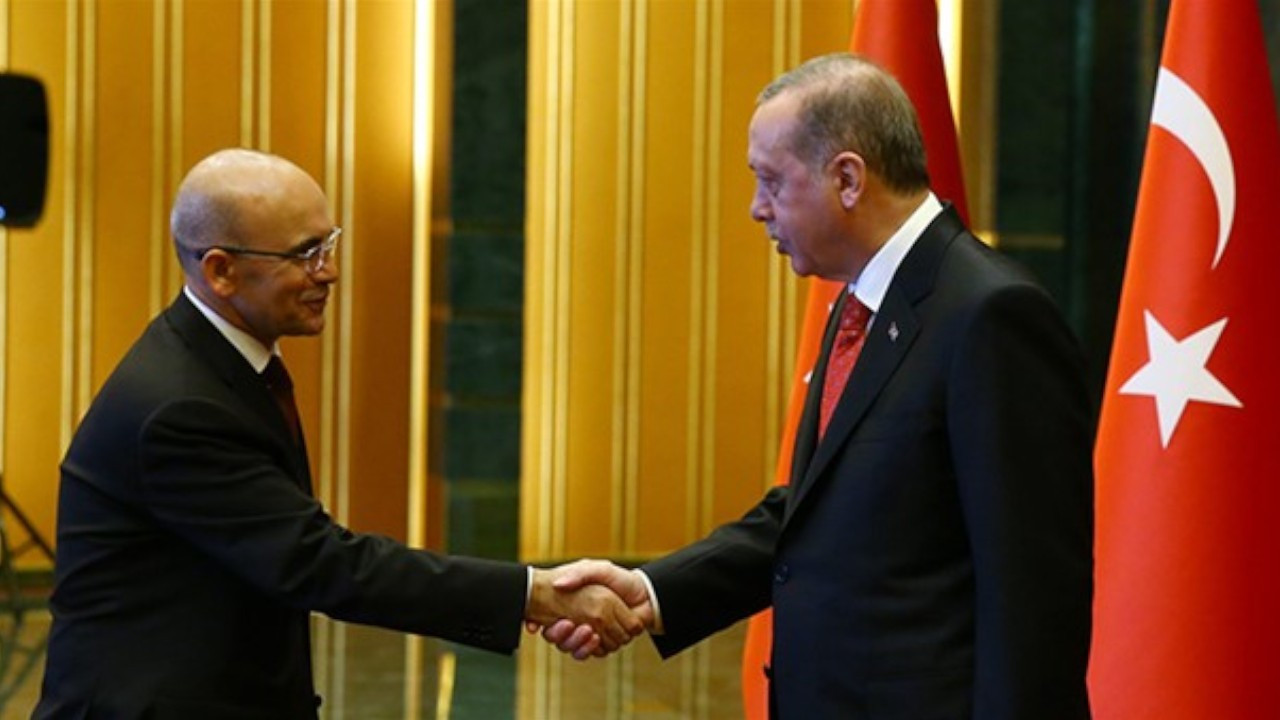 AKP said to plan to give economic reins to former Finance Minister ŞimşekEconomy
AKP said to plan to give economic reins to former Finance Minister ŞimşekEconomy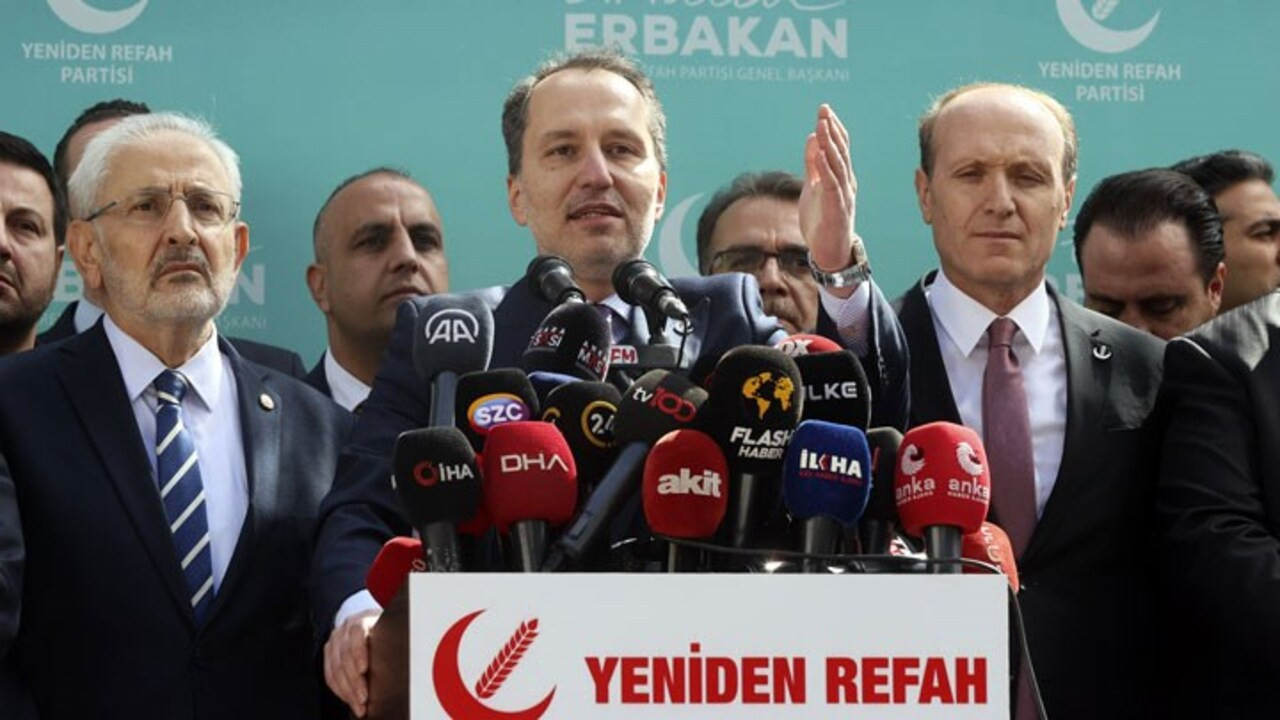 Islamist New Welfare Party decides not to join ruling AKP’s alliancePolitics
Islamist New Welfare Party decides not to join ruling AKP’s alliancePolitics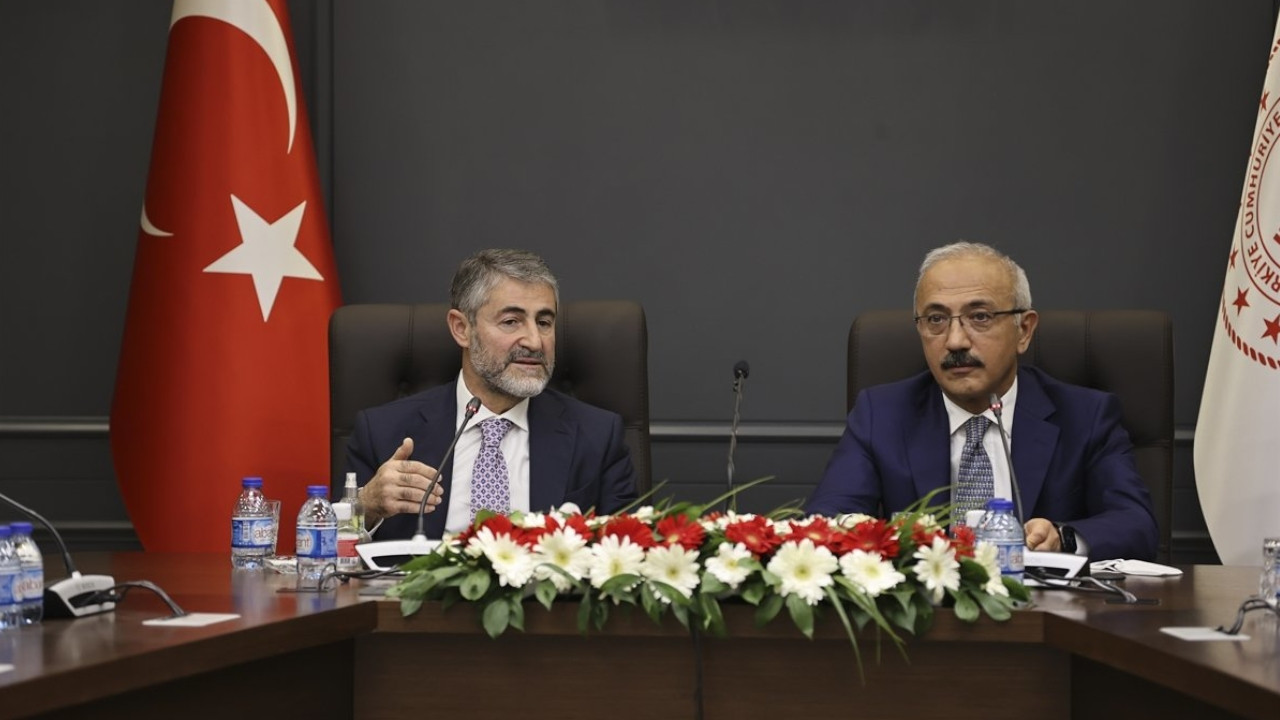 Turkey's new Finance Minister has no economics background, wrote his thesis on AKPPolitics
Turkey's new Finance Minister has no economics background, wrote his thesis on AKPPolitics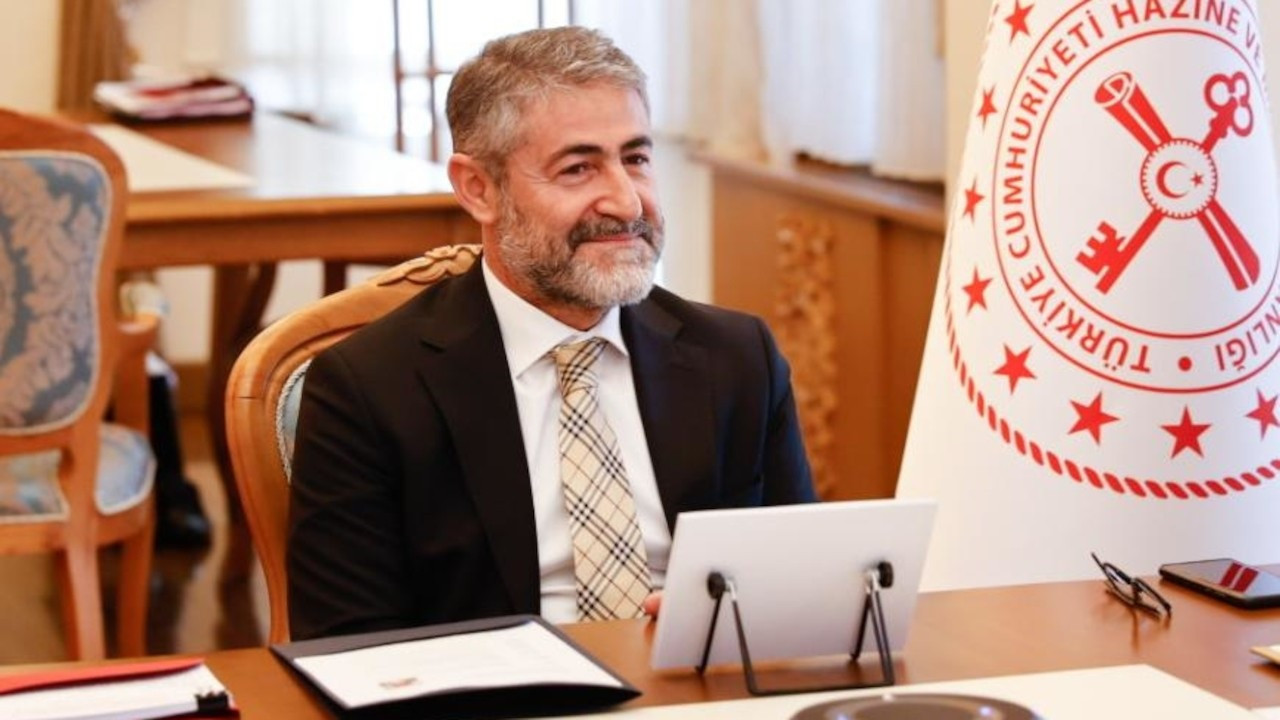 Turkish finance minister defends depreciation of lira for ‘industrialization’Economy
Turkish finance minister defends depreciation of lira for ‘industrialization’Economy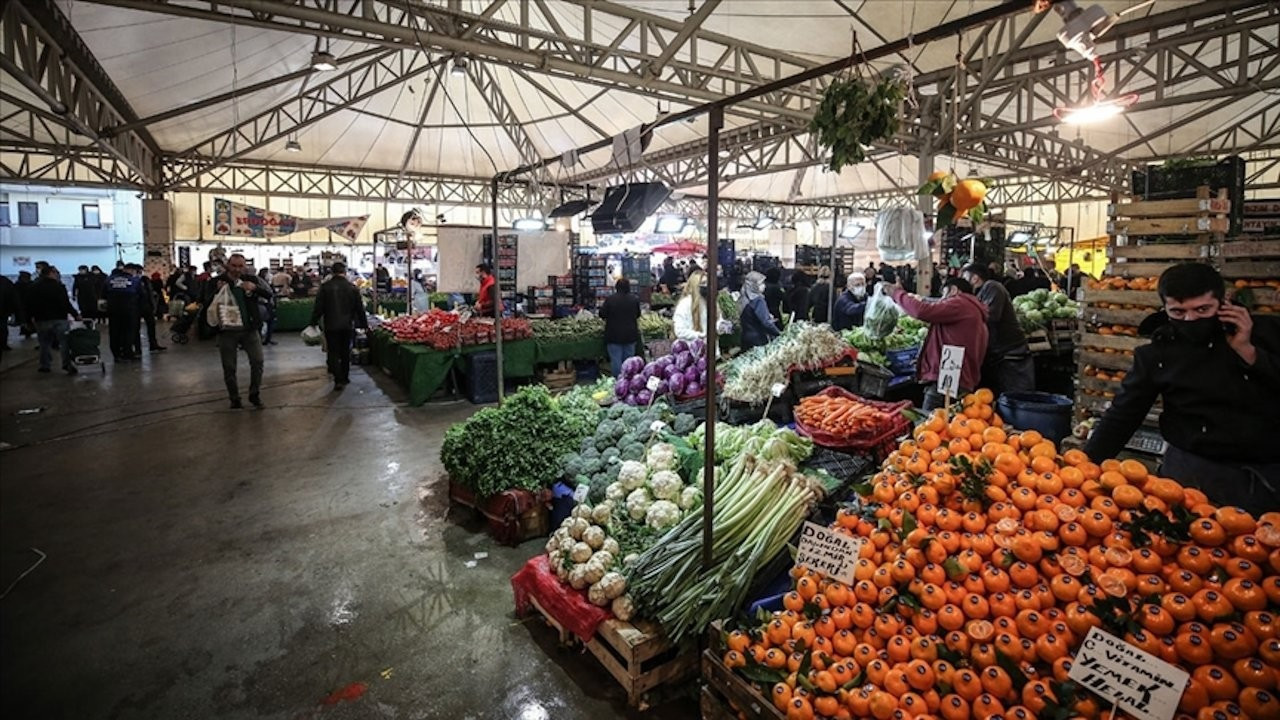 Gov't-run TÜİK reports annual inflation rate as 55 percentEconomy
Gov't-run TÜİK reports annual inflation rate as 55 percentEconomy